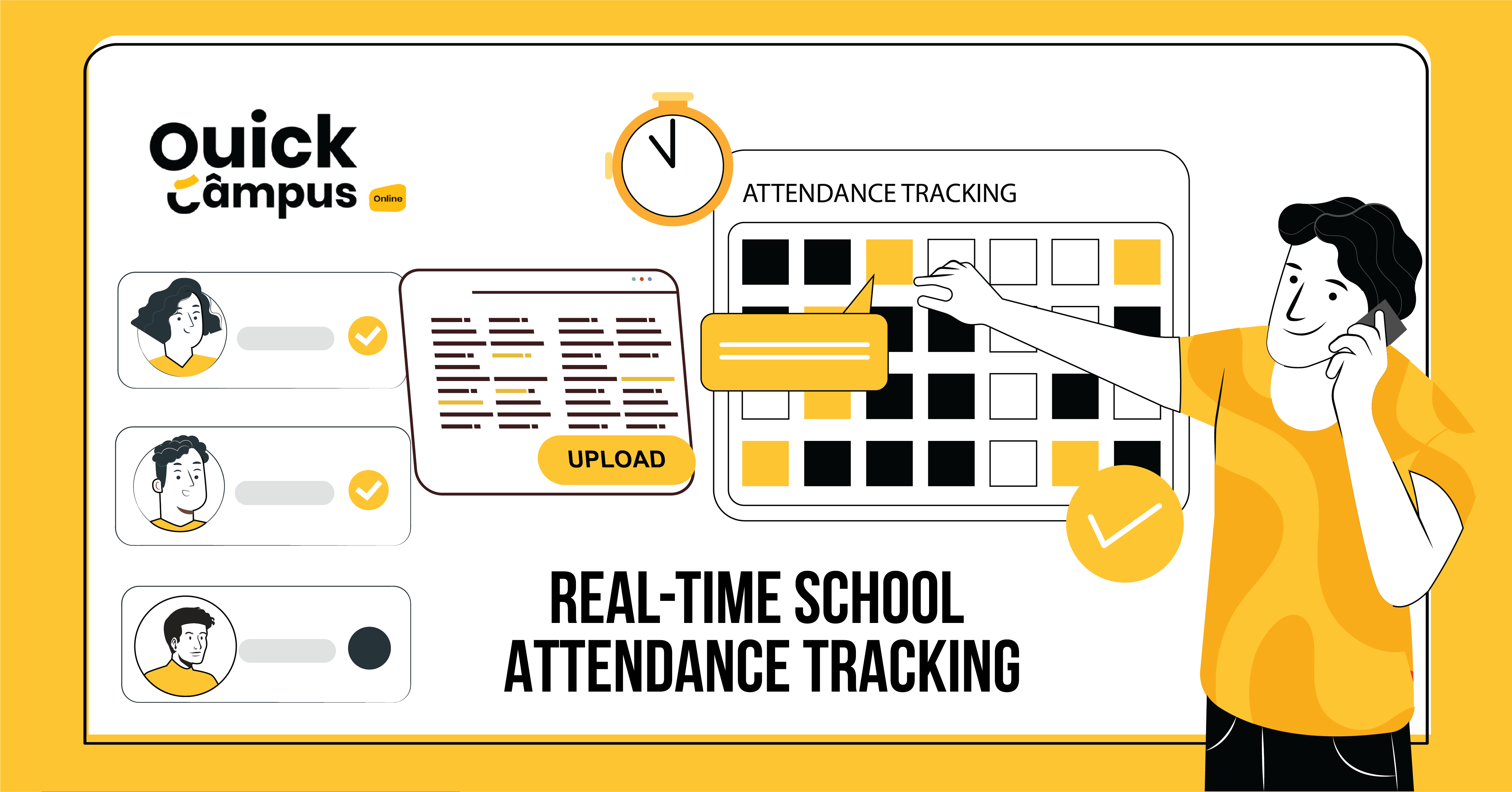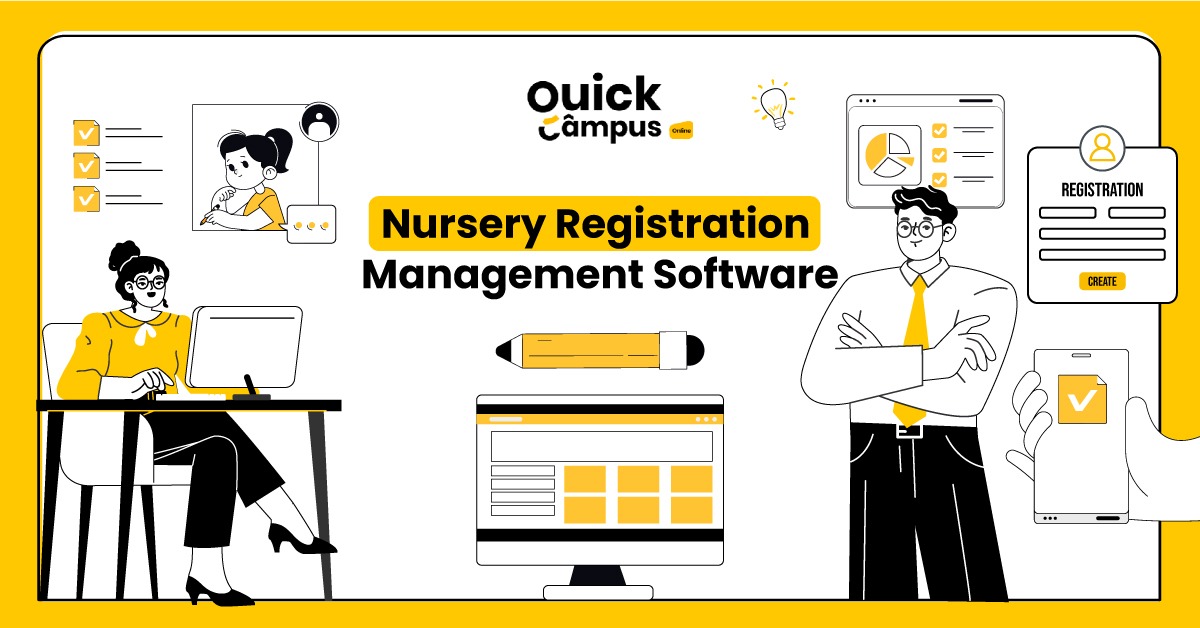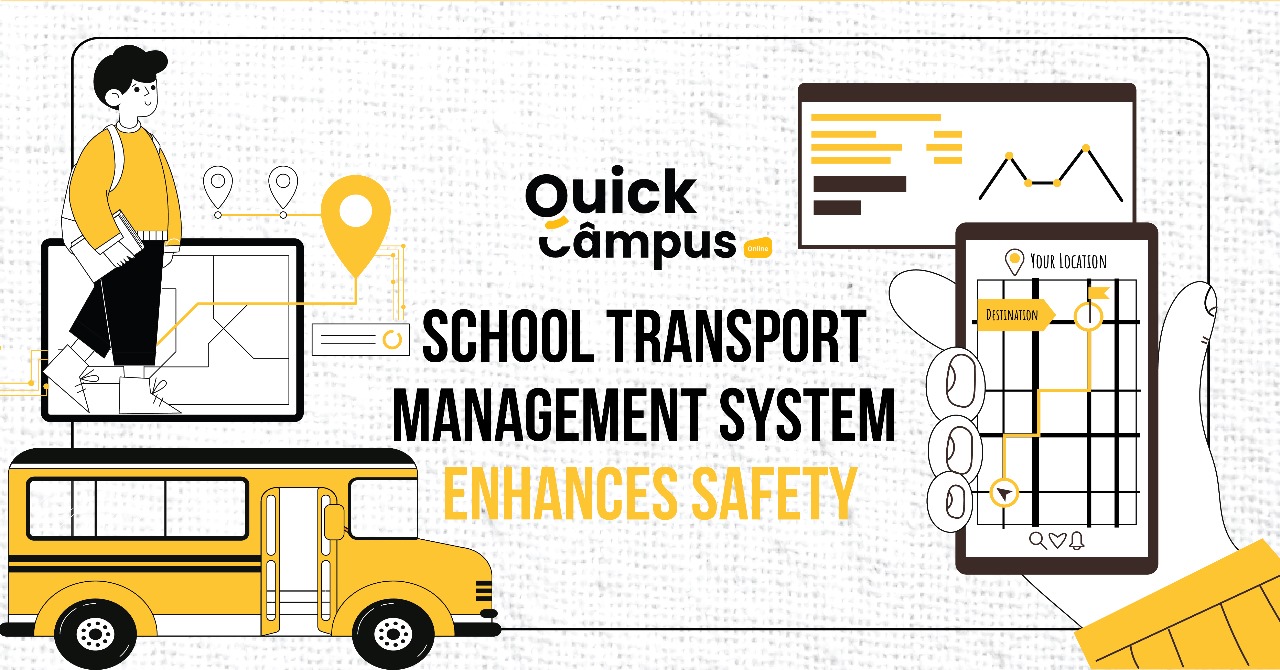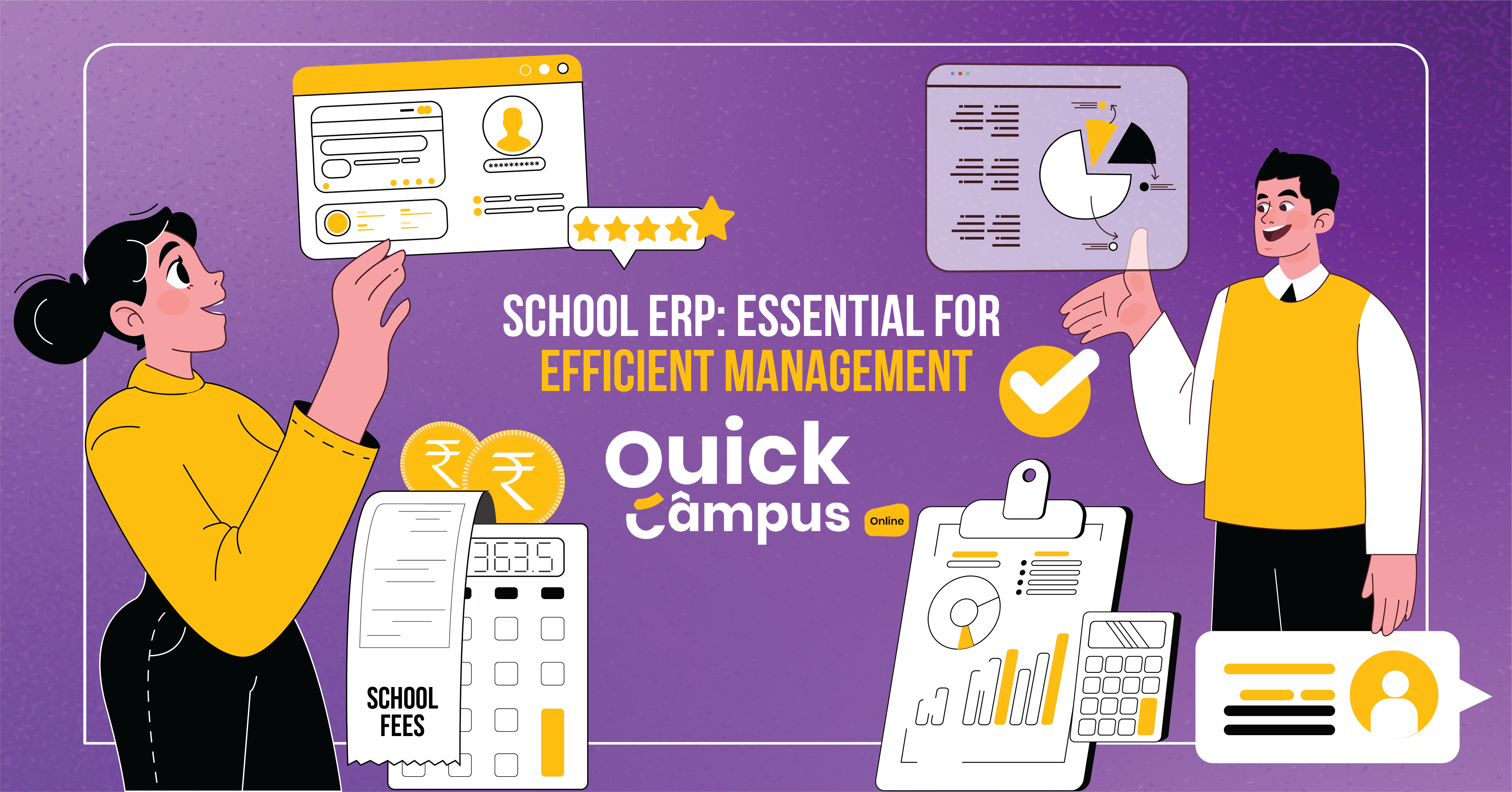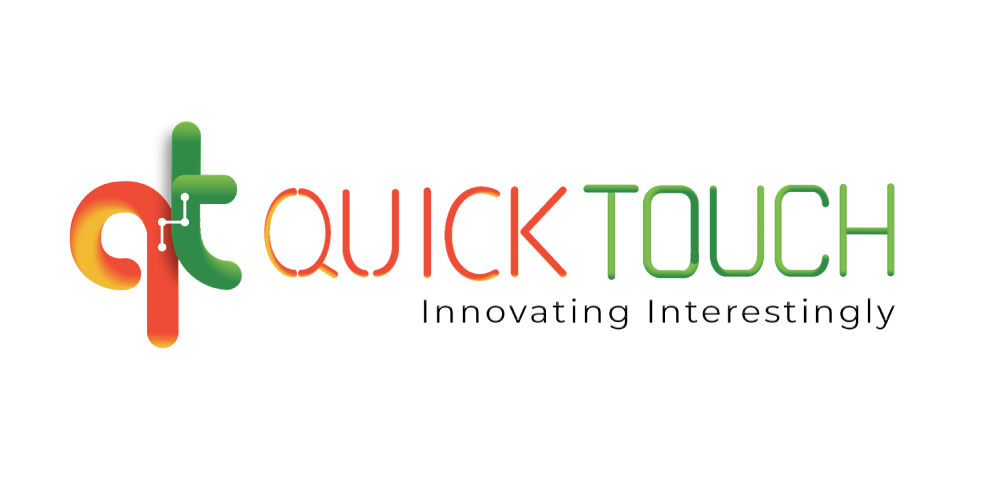Understanding Compliance And Regulations For Schools
In the quest for enhancing educational experiences, many schools are considering software solutions as a means to elevate student learning. While schools are looking for ways to improve technology, they should not ignore basic education compliance and regulations.
The goal of school compliance and regulations is to ensure high standards across all educational settings. The non-compliance of regulations can take a toll on their school, staff, and their students.
Are you finding it overwhelming? Act now to implement school compliance properly. Keep reading to understand the compliance and regulations for schools in detail.
Importance Of Compliance And Education Regulation
School and pre-school regulation ensures the quality of education and standardization, acting as a level playing field for all entities, including teachers, schools, and students. Let’s explore its benefits:
1. Extending Quality Education
A school compliance regulatory body establishes minimum criteria for schools, ensuring minimum standards of education. Education regulation not only enables schools to provide quality education but also prevents the proliferation of substandard schools and pre-schools.
2. Preserving Student Rights
School compliance and regulation serve as a guide to protect students’ interests and rights. It ensures that students have access to a school rules list. Students must also have proper information about school compliance, disciplinary checklists, scholarship options, and other measures related to consumer protection.
3. Ensuring Accreditation
School compliance is essential to streamline the school accreditation process. Accreditation confirms that schools meet the standards of quality EdTech education. With accreditation, schools gain trust and credibility within the community, and students’ qualifications are trusted by employers and students themselves.
4. Promoting Equity and Access
School regulations give access to guidelines that mention equal opportunities to all students regardless of their gender or socioeconomic status. Thus, it ensures equity, granting everyone access to education.
Strategies For Ensuring School Compliance
While we discussed the importance of implementing school regulations, let’s now explore the top techniques for ensuring effective regulation and compliance:
1. Compliance Assessment
Robust implementation of school regulations involves regular and thorough assessments. These assessments evaluate whether schools adhere to regulatory standards and internal policies. They encompass comprehensive audits of various operational areas, including financial management, student services, and academic programs.
2. Monitor Techniques
Continuous evaluation of school compliance, utilizing advanced monitoring techniques, is essential. These techniques range from adopting data analytics and automated tracking systems to employing real-time reporting tools. They help schools identify non-compliance issues promptly and initiate follow-up actions as needed.
3. Awareness And Training Programs
Schools should provide training programs on school compliance to both teaching and non-teaching staff. This ensures a culture of compliance within the institution and fosters a compliance-oriented mindset among the school’s students.
Listed below is the school compliance checklist that schools must follow:
| Safety Indicator | Safety Standards and Compliance Source |
| Infrastructure |
|
| Health |
|
| Transportation |
|
| Personal, social, sexual, and emotional safety |
|
| Disaster Management |
|
| Cyber Safety |
|
| Response Mechanism |
|
Regulating School Compliance with Quick Campus
School regulation compliance protects the norms of the education system. It is a driving force for ethical, legal, and precautionary actions. School rules and regulations provide the structure upon which the educational system thrives. By focusing on technology integration, personalized learning, and accountability, you can ensure a sustainable future where every student can access quality education.
While regulating school compliance is all about safety indications, have you ever thought of a streamlined education system? At Quick Campus, we provide a learning management system to foster innovation and creativity in the education system.
Wondering how we do that? Get in touch with us today!
What Do You Mean By Education Regulation?
Education regulation means forming rules, policies, and guidelines by educational authorities. These rules ensure proper implementation of education system aspects like developing the correct curriculum, evaluating students properly, teacher qualifications, and school funding.
What Are Examples Of Education Regulation?
Examples of education regulation include licensing requirements for educators, guidelines on class sizes, official standards for curriculum development, regulations on student assessment, provision of special education services, and guidelines for school funding and expenditure.
What Happens If I Don’t Follow Education Regulations?
If you don’t follow the education regulations and school compliance, you will create room for substandard education. It will negatively impact the learning of students and their overall development. You may also face serious consequences like legal proceedings for engaging in fraudulent activity.



